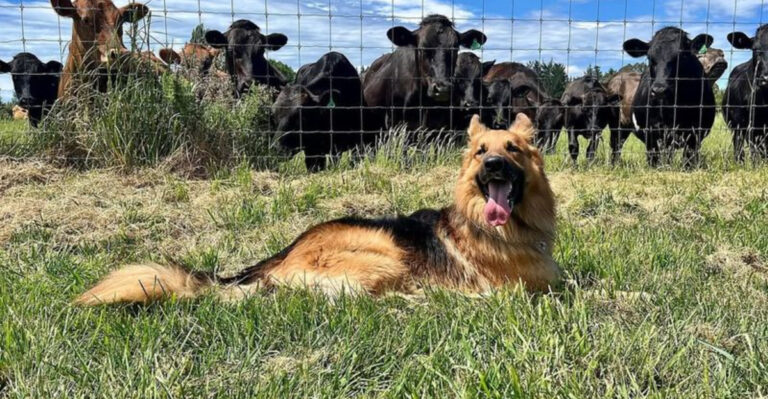17 Surprising Dangers Of Having Backyard Chickens
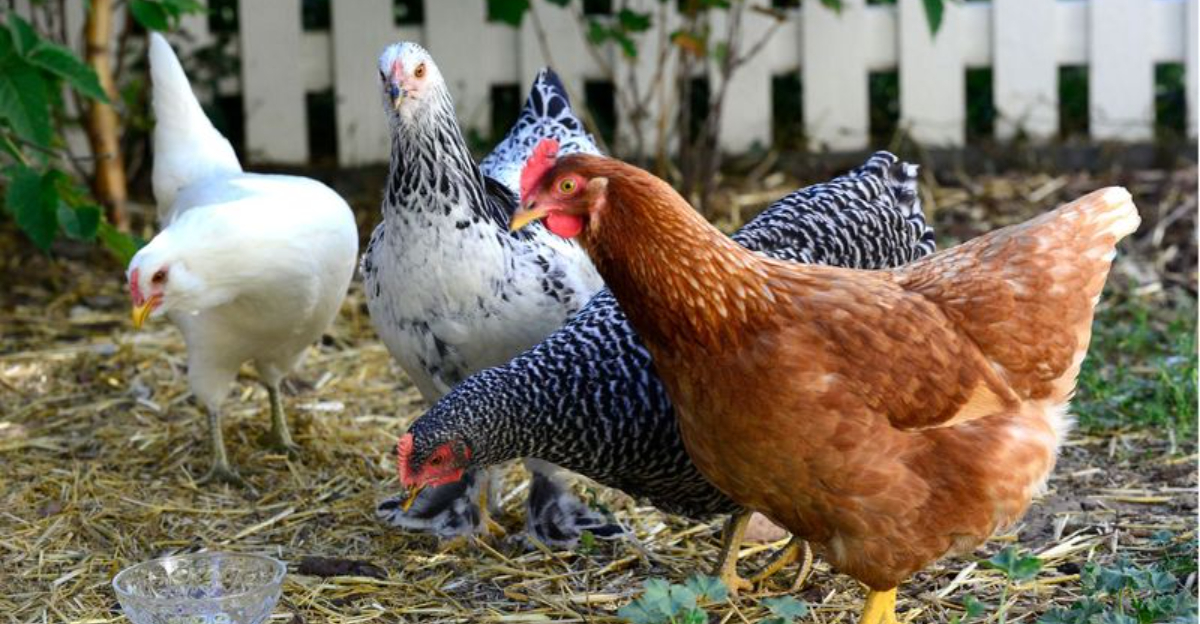
Raising backyard chickens might seem like a wholesome dream – fresh eggs, happy clucks, and rustic charm. But behind the coop door, a few unexpected risks are hiding.
From biosecurity blunders to neighborhood drama, chickens bring more than just breakfast. Before you build that coop, it’s worth knowing what you might be pecking into.
1. Health Risks From Zoonotic Diseases
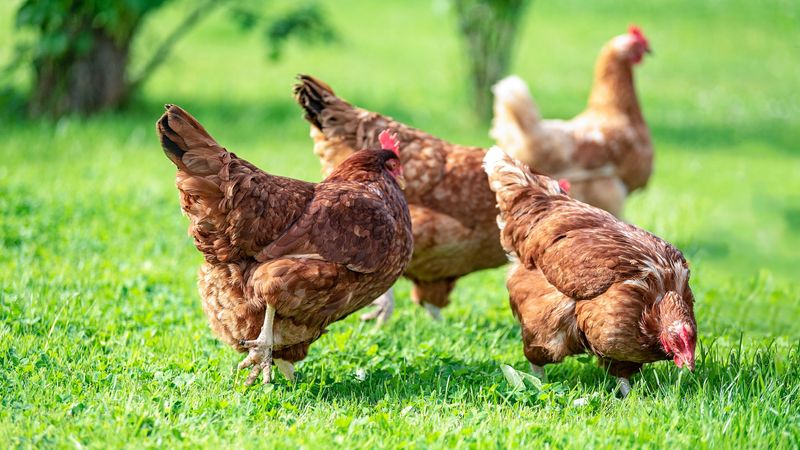
Considering the health risks is crucial when raising chickens. Many backyard enthusiasts overlook the potential for zoonotic diseases.
These illnesses can jump from avian to human, with salmonella being a notorious guest. It’s essential to practice good hygiene to keep these pesky pathogens at bay. Regular cleaning and handwashing can minimize the risks effectively.
2. Predator Problems
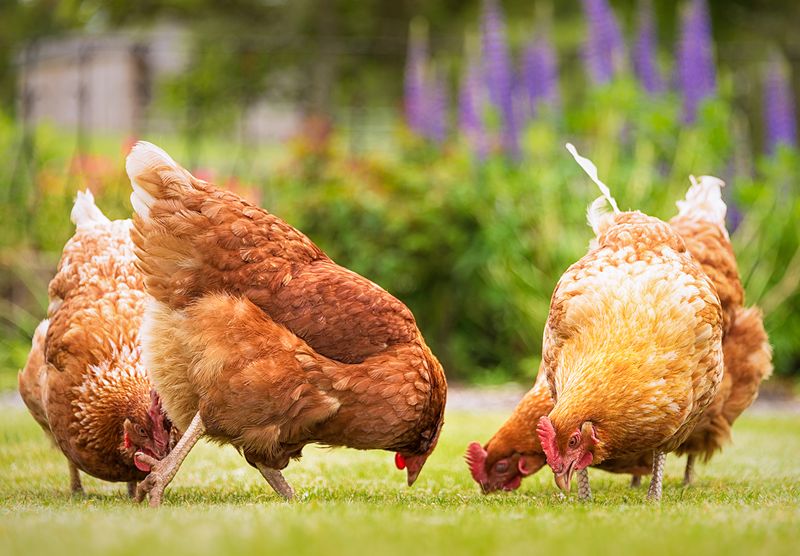
Every backyard chicken owner soon learns they’re not the only ones interested in their flock. Predators like foxes, raccoons, and hawks view your chickens as a tasty buffet. Fortifying your coop is imperative to protect your poultry pals.
Consider installing sturdy wire fencing and secure latches to keep crafty critters out. Especially during nighttime, when chickens are most vulnerable, extra precautions should be taken.
3. Neighbourly Disputes
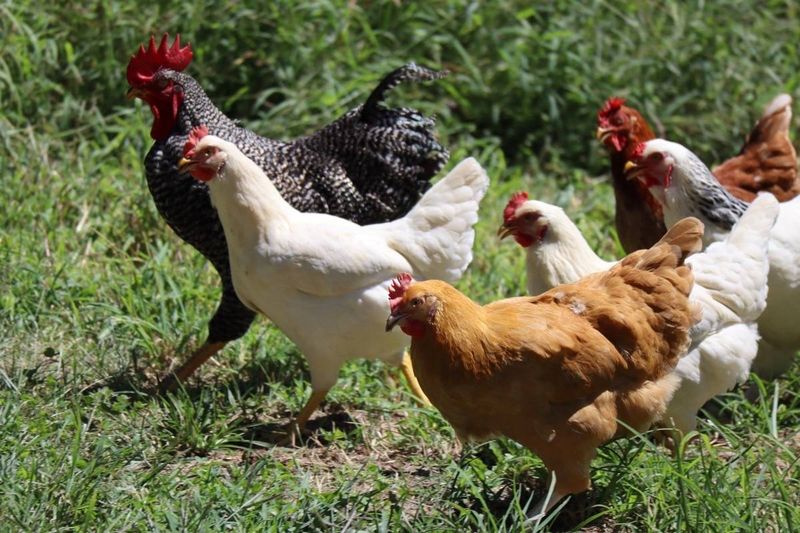
A peaceful neighborhood can quickly become a battleground over backyard chickens. The crowing roosters and clucking hens might not be music to everyone’s ears.
Neighbors may complain about the noise or odors wafting from your corner of the yard. To maintain harmony, open communication is key. With a bit of diplomacy, you can keep your neighborhood relations sunny and avoid costly disputes.
4. Legal Entanglements
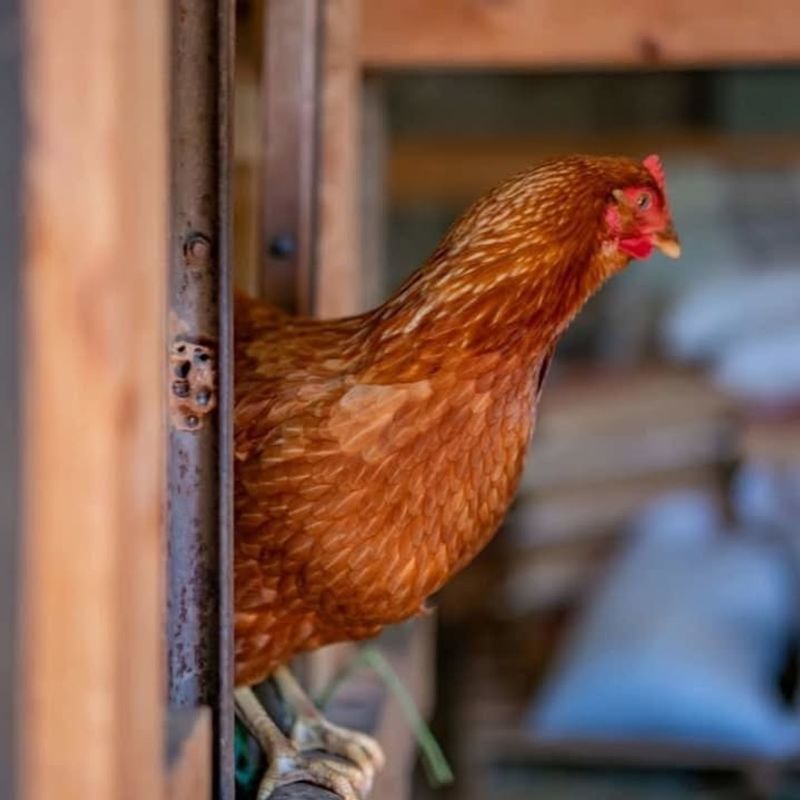
Before you become a backyard farmer, checking local laws is a must. Many areas have zoning restrictions that could render your coop illegal.
Fines and forced removal of your flock are real possibilities if you don’t comply. Read up on local ordinances to avoid any legal entanglements. By doing your homework, you can prevent the legal system from clipping your wings. Knowledge is your best ally in this egg-citing venture.
5. Unexpected Costs
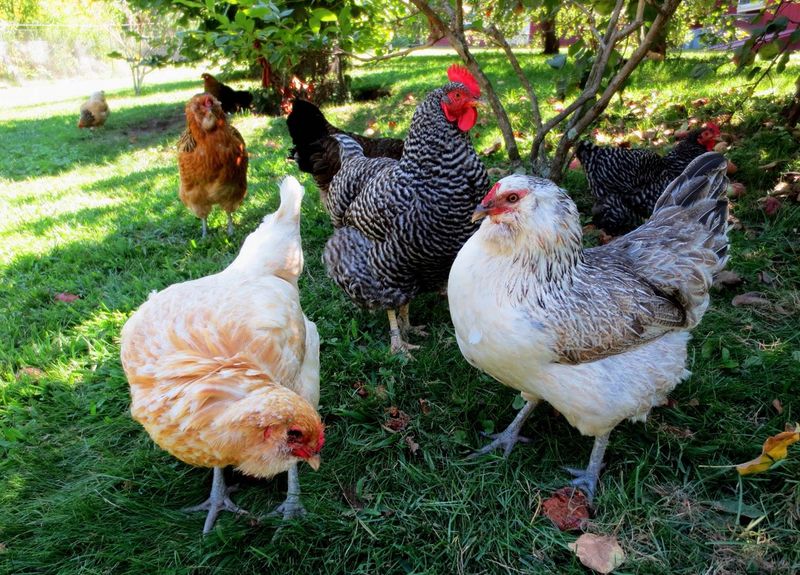
Chickens might seem like a cost-effective way to produce eggs, but the expenses can quickly add up. Between feed, bedding, coop maintenance, and healthcare, the bills can be more than a penny a dozen.
Don’t forget potential vet visits or the costs of reinforcing your coop against predators. It’s wise to budget for these expenses to avoid any unpleasant surprises.
6. Space Constraints
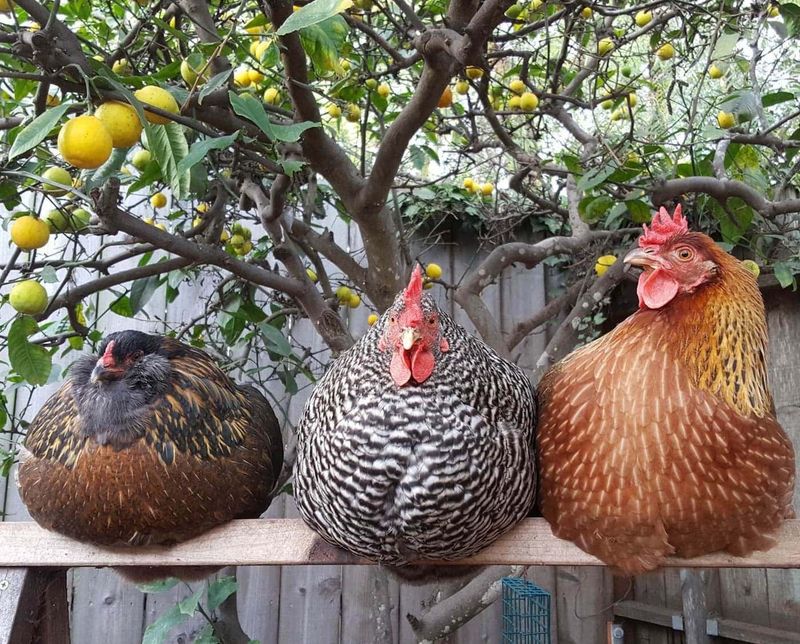
Backyards vary greatly in size, and not every space is suitable for chickens. Overcrowding can lead to stressed birds and increased disease risk.
Each chicken needs adequate room to roam and peck. If you’re in an urban area, consider whether your yard can accommodate a coop without sacrificing your garden or relaxation space. Sometimes, less is more when it comes to flock size, ensuring harmony for you and your chickens.
7. Noise Pollution
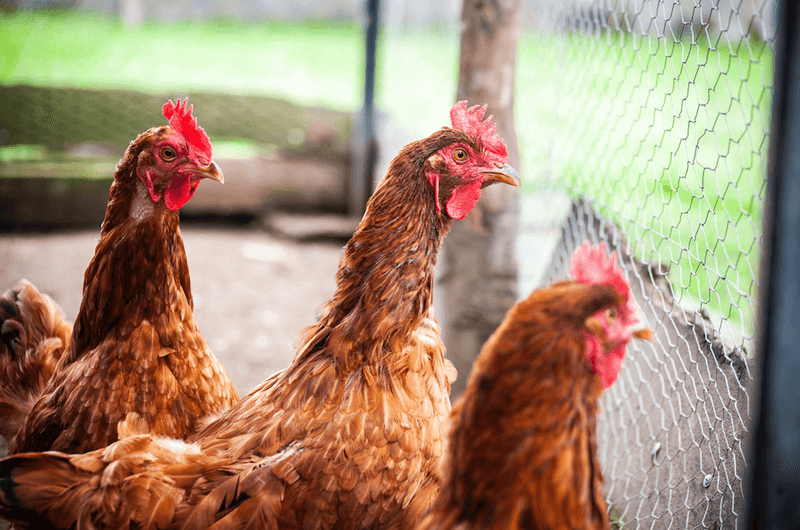
Chickens aren’t exactly quiet companions. The crowing and clucking can easily become a neighborhood nuisance, especially if you have a rooster. Early morning wake-up calls can ruffle feathers beyond your backyard.
Consider the noise level before adding a feathery flock to the mix. Selecting quieter breeds or limiting roosters can help maintain neighborhood peace.
8. Odor Issues
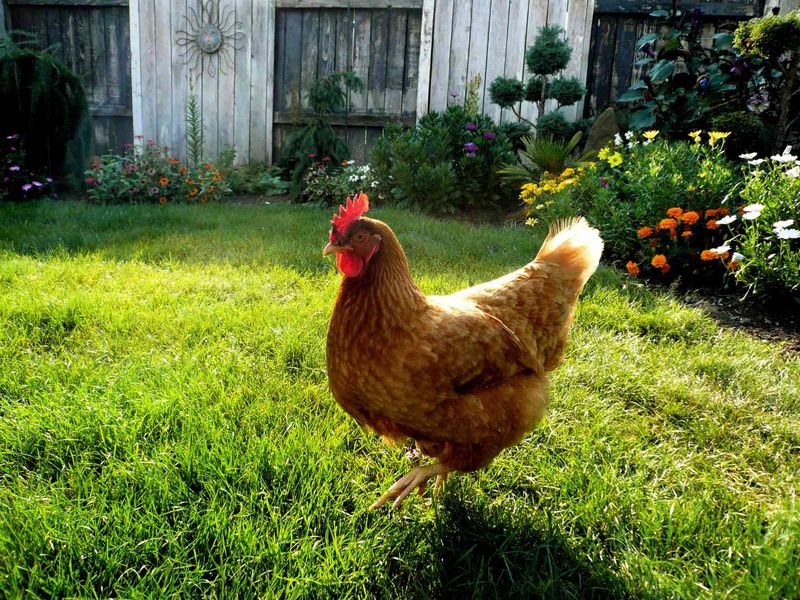
The scent of a chicken coop isn’t always as fresh as morning dew. Ammonia from droppings can create a pungent aroma that wafts beyond your yard.
Regular cleaning is essential to keep odors under control. Bedding changes, proper ventilation, and coop maintenance are your best strategies against any nasal nuisances.
9. Biosecurity Concerns
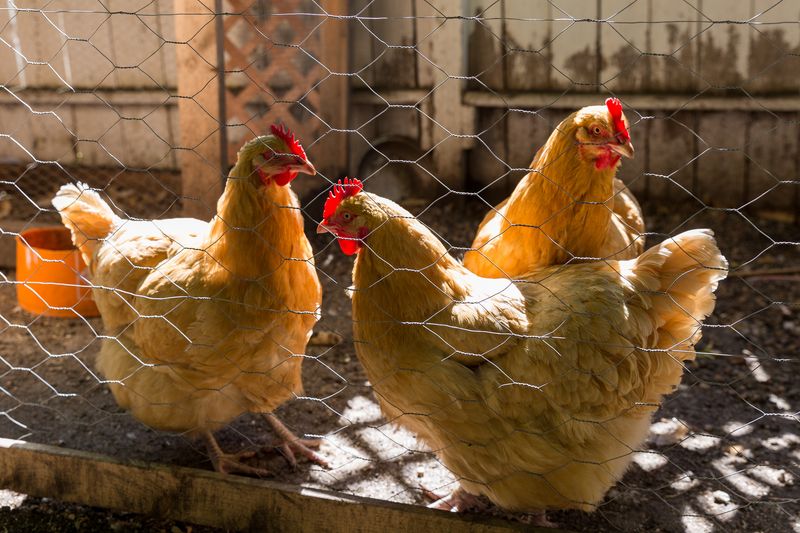
Biosecurity isn’t just for large farms; it’s important for backyard flocks too. Disease can spread quickly among chickens, and even to humans in some cases. Implementing biosecurity measures is imperative to protect your flock and household.
Regularly disinfect equipment, monitor bird health, and limit visitors to your coop. Consider isolating new or sick birds until they’re deemed safe.
10. Pest Infestations
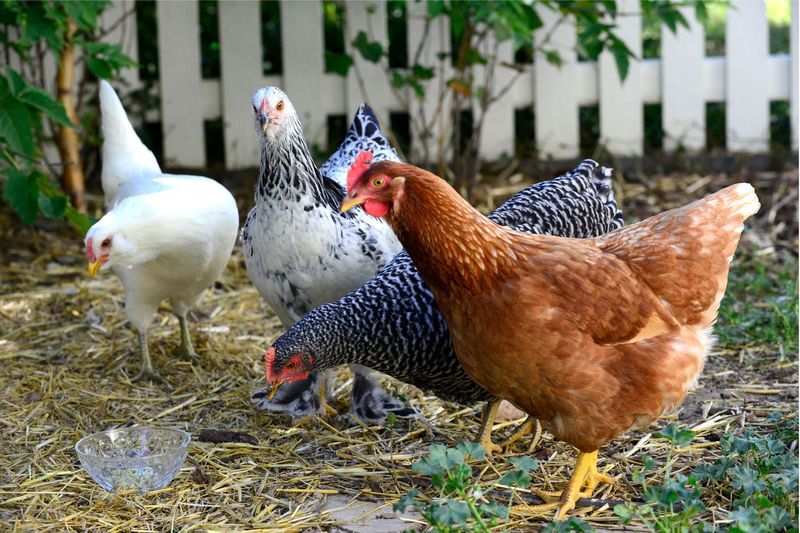
Chickens are not the only creatures attracted to your coop. Mites, lice, and rodents see it as a haven too. Infestations can affect the health of your flock and create additional maintenance needs.
Regularly check for pests and use appropriate treatments to control outbreaks. Keeping the coop clean and storing feed securely minimizes these unwelcome guests.
11. Nutritional Deficiencies

Ensuring your chickens receive a balanced diet is vital for their health and egg production. Nutritional deficiencies can lead to health problems and decrease egg quality.
Provide a variety of feeds rich in essential nutrients and supplements as needed. Monitor your flock for signs of deficiency, such as feather loss or poor egg production.
12. Weather Extremes
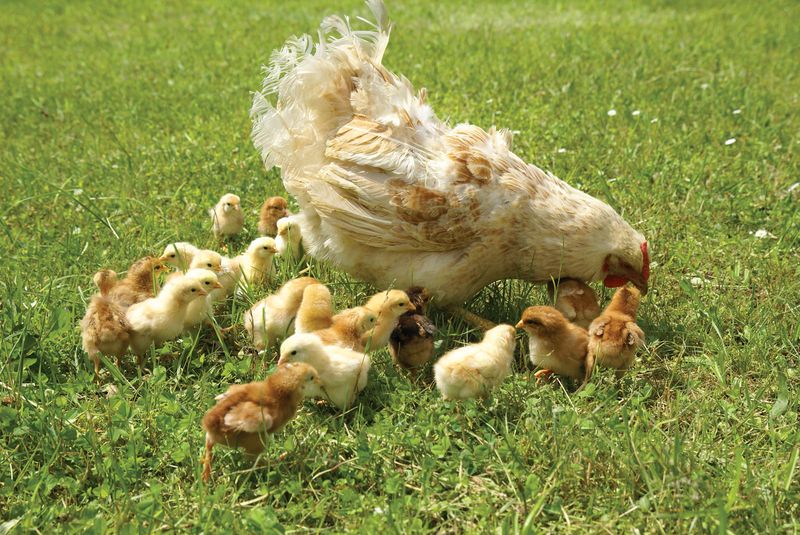
Chickens, much like humans, aren’t fans of extreme weather. Whether it’s a scorching summer or a frosty winter, your flock needs protection from the elements. Provide shade, ventilation, and insulation to maintain a stable environment.
During hot days, ensure they have access to fresh water and cool spaces. In winter, extra bedding and wind protection are crucial. By adapting your coop to weather changes, you safeguard your chickens’ wellbeing.
13. Hen Pecking Order Problems
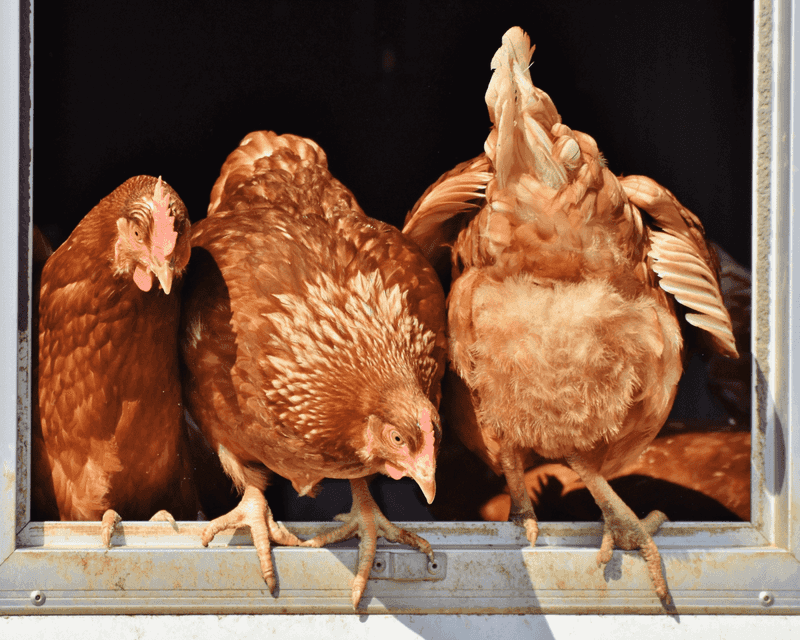
Chickens have a social hierarchy, often referred to as the pecking order. This natural behavior can lead to bullying or injury among birds.
Observing your flock helps you identify issues early. Providing ample space and resources reduces competition and aggression. If necessary, isolate overly aggressive birds or provide distractions to minimize conflicts.
14. Egg Overproduction
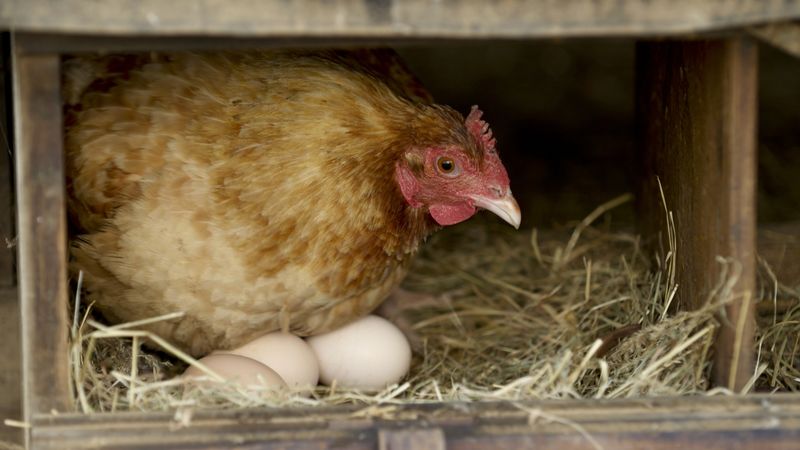
While a bounty of eggs may seem delightful, overproduction can stress hens and affect their health. It’s vital to monitor their laying habits and adjust feed or lighting conditions if necessary.
Excessive laying can deplete a hen’s calcium, leading to brittle bones or other health issues. Ensure they have a balanced diet and consider providing supplemental calcium.
15. Time Commitment
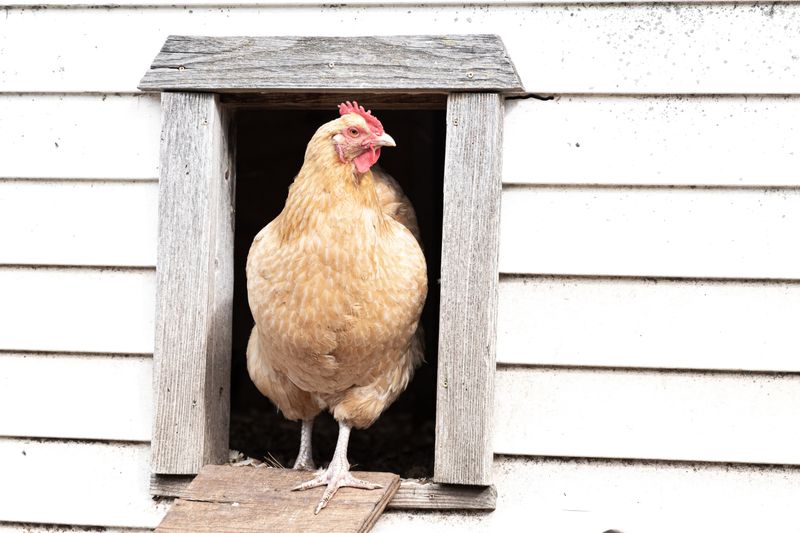
Caring for chickens is a daily responsibility that extends beyond collecting eggs. Feeding, cleaning, and monitoring their health demands time and dedication.
It’s essential to assess whether you can commit to these tasks before starting your flock. Ensuring the well-being of your birds requires consistency and care. If you travel frequently, consider who will tend to them in your absence.
16. Emotional Attachment Challenges
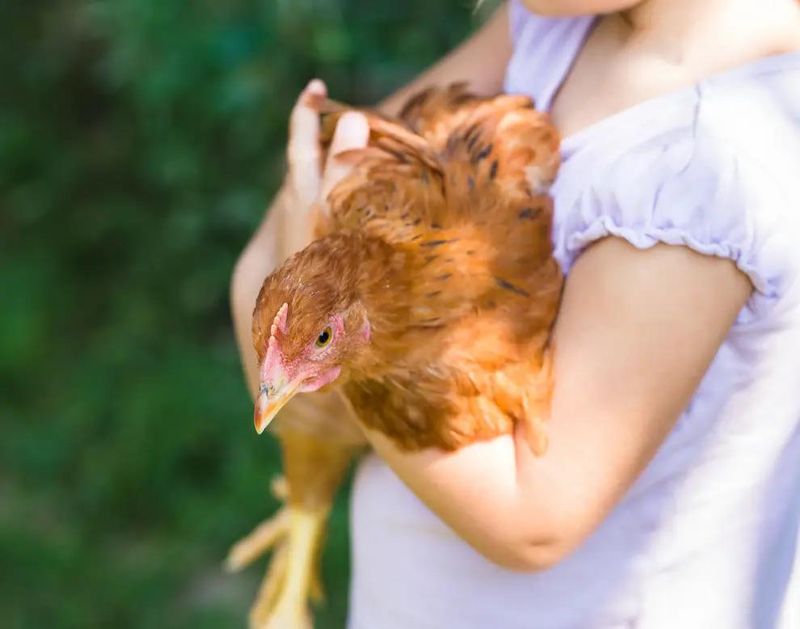
Building a bond with your chickens can be surprisingly emotional. Hearing familiar clucks and seeing excited flutters after a long day creates a real connection.
But when illness or loss strikes, it can hit just as hard as losing a beloved pet. Many chicken owners aren’t prepared for how deeply attached they’ll become.
17. Unexpected Landscape Damage
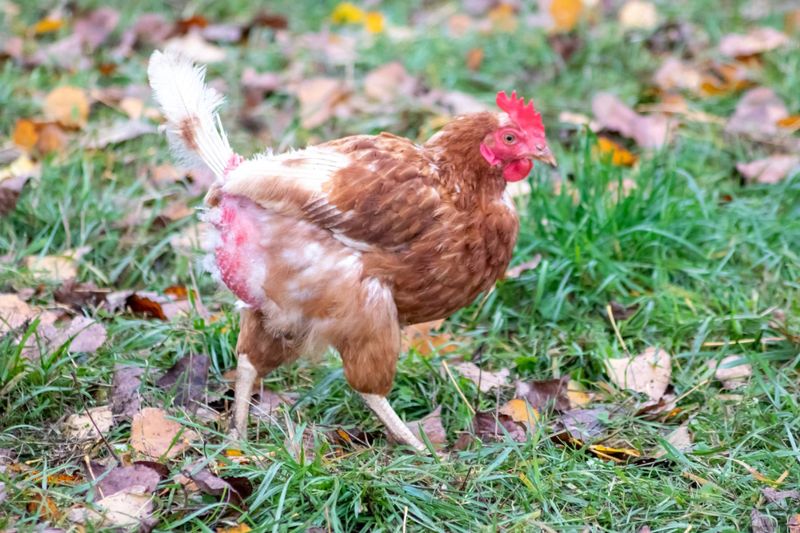
Chickens may be charming, but their curiosity can wreak havoc on a garden. A neat flower bed can quickly turn into a chaotic mess of scratched soil and uprooted plants.
Their instinct to dig for insects doesn’t mix well with delicate landscaping. Without proper boundaries, your backyard oasis might not stand a chance.


